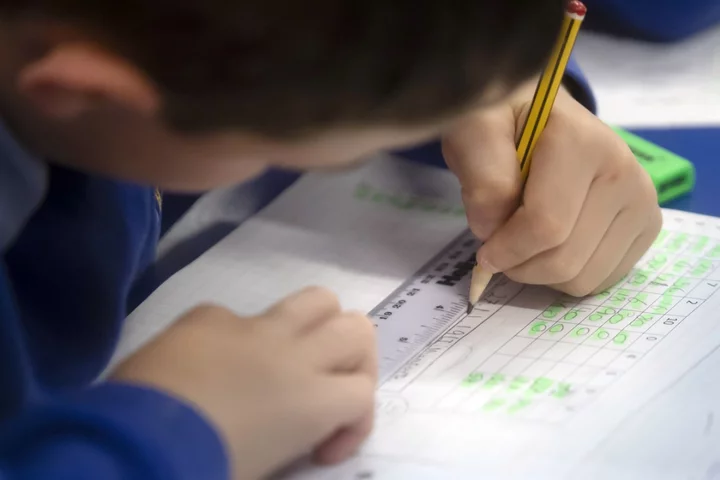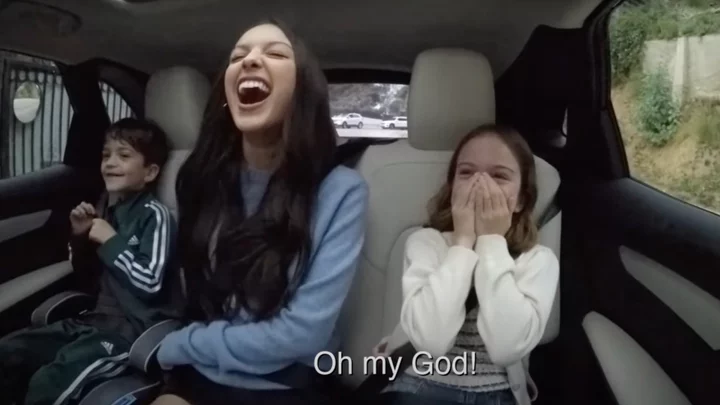More than four in five primary school teachers believe the attention span of children is shorter than it was pre-pandemic, a survey has found.
More than two in three (70%) primary school teachers say that children’s classroom behaviour has worsened post-Covid, according to a poll commissioned by online subject resource Kapow Primary.
The survey, of 504 primary and early years teachers in schools in England, found 84% agree that primary children’s attention span is “shorter than ever” post-Covid, while 69% say that they have seen an increase in inattention and daydreaming since their young pupils returned to school after the pandemic.
One in five teachers report that they spend less than 10 minutes on average on any single activity to maintain their children’s attention, the survey found.
The majority of teachers say pupils are more likely to move around the room post-Covid (57%), are quicker to complain about being bored (57%), and are more likely to annoy and provoke others in the classroom (55%).
Some have lost the ability to sit as part of a large audience and focus on a message being shared with the whole school
A teacher working at an East London primary schoolMore than four in five (85%) teachers agree that the “ever-swiping nature of social media” has negatively affected pupils’ attention span.
One Year 5 and 6 teacher working at a Derbyshire primary school, who asked not to be named, said: “Behaviour in class is very different post-Covid. We had to teach the children through a screen during the pandemic, but taking the screen away now has had a massive impact.
“Daydreaming is a big issue for us, as is helping children re-learn some of their social skills. Little things like turn-taking got lost during Covid. We also have to do a lot more movement breaks to avoid the children from tuning out.”
Another teacher, working at an east London primary school, said: “The conduct of many children in assemblies has been particularly symptomatic. Some have lost the ability to sit as part of a large audience and focus on a message being shared with the whole school.”
The government must also do much more to understand the problems around behaviour and provide more investment and support to schools and families
Tiffnie Harris, Association of School and College LeadersVicky Cottrill-Gray, education content director at Kapow Primary, said: “Children lost so much in-school time during the pandemic. When they went back, they brought new behavioural challenges with them that teachers are still having to deal with.”
Tiffnie Harris, primary and data specialist at the Association of School and College Leaders (ASCL), said: “The findings of this survey chime with what we are hearing from school leaders.
“It appears that behaviour has become more challenging among some pupils and that this is caused by a number of factors. There seems to be a long-term impact of the disruption of the pandemic to normal routines and expectations.
“On top of this is the rising incidence of mental health and wellbeing problems among children which is exacerbated by the impact of the cost-of-living crisis on families and the pressures created by social media.”
She added: “The Government must also do much more to understand the problems around behaviour and provide more investment and support to schools and families.”
A Department for Education spokesperson said: “Our approach to tackling behaviour in schools has been to support schools to develop a behaviour culture that works for them, their pupils, and their communities.
“We have updated our Behaviour in Schools guidance to provide clear advice on how to create and maintain high standards and our £10 million Behaviour Hubs programme is supporting up to 700 schools to improve behaviour.”
The survey of primary school and early years teachers was carried out between April and May this year by Gerard Kelly & Partners.









